Chocolate, coffee, popcorn – or the New York Times Connections game that captivated the nation.
For senior Eliza Teo, no topic was too small or strange to explore.
The debate team was not allowed to compete in any speech events from 2020 to 2023. But when Teo joined Informative Speaking in 2023, she permanently changed that reality, turning her curiosities into speeches that both entertain and inform.
Teo spent her first year on the team competing in Public Forum (PF), a two-on-two debate focusing on current event topics. At the end of her freshman year, former debate coach Jay Stubbs encouraged Teo to try Informative Speaking, where a student writes and presents a 10-minute memorized speech with visual aids to inform their audience on a topic of their choosing.
“[Teo and I] had been doing a lot of work on voice and learning to speak effectively, which I believe is important in all debate events,” Stubbs said. “[Teo] showed a lot of skill when it came to speaking. She was able to do nuanced things with her voice really well. She has a vocal energy about her, from starting out all the way to qualifying for nationals.”
Before discovering speech, Teo competed solely in PF with senior Palmer McNulty. When she added Informative to her belt, she was forced to split her time between the two events.
“When I got more invested in Informative, I couldn’t handle PF, especially because it’s a partner event,” Teo said. “I had to split my attention and efforts toward communicating well to my partner, and that was straining on me.”
Due to differing commitment levels, Teo and McNulty ended their partnership after their junior year.
“We weren’t reaching our goals for PF, and that really discouraged my partner and I,” Teo said. “I chose to focus on Informative more when I began seeing more results. I felt really bad for my partner because he wanted to go to higher-level travel tournaments, but you typically can’t compete in more than one event. We ultimately decided not to continue into senior year, but we had a good run up until that point.”
For Teo, the switch to Informative was “refreshing.”
“I felt more attached to the event, and I found deeper meaning to it,” Teo said. “I also really enjoyed the community that came along with it because everyone is so much nicer to each other. It isn’t quite as hostile an environment as Public Forum or any of the other debate events.”
Having no teammates with Informative experience, Teo was forced to learn and prepare for the event on her own.
“I was really intimidated at first because, other than my coach, I had no teammates to guide me,” Teo said. “But I really like doing things that other people aren’t doing, and that, combined with the autonomy Informative gave me, made me interested in trying it.”
As a naturally inquisitive person, Informative was the “perfect outlet” for Teo to excel.
“I’d always have this tendency to have a lot of questions in mind, but I didn’t really know what to do with them,” Teo said. “Informative was definitely an outlet for me to actually explore what I think about on a daily basis, but also make it presentable and digestible to a wider audience. I was way more confident in myself when I competed in it.”
In preparation for her first Informative competition season, Teo spent multiple days a week the summer before her sophomore year brainstorming topics and assembling her visual aids with Stubbs.
“I was spending hours at school eating his mozzarella sticks and planning my speech with him,” Teo said. “It was very grueling and long, but I got it done, and it was a very refreshing feeling afterwards. It’s so different from PF where I had to constantly prep throughout the whole year.”
Unlike PF, where a singular topic is provided to all competitors, Informative competitors are forced to come up with their own. Teo keeps a running list of potential topics and uses both Instagram and TikTok for ideas. She has a collection of over 200 reels and videos.
According to Teo, coming up with topics is “one of the most difficult parts of Informative.”
“I have the most trouble actually picking a topic because I have too many ideas,” Teo said. “I always have Informative on my mind. Social media is honestly a huge inspiration for me. If you utilize and are purposeful in what you are doing and have other goals in mind, it can be very beneficial, because there are so many ideas floating around.”
Once her topic is picked, Teo takes one to two weeks to fully write her speech and three to four days to memorize it. Her creation process concludes with dedicating one week to assembling her poster boards, aids meant to visually present complex information in an engaging way for the audience.
“The visual aids are definitely the most distinctive element about Informative because we get to not only work on our intonations, but we also get to work on separate elements of visuals,” Teo said. “Cues and visual elements are why Informative is one of the fastest growing events in the National Speech and Debate Association and also how a lot of people actually subconsciously absorb what they see and reflect that in their thoughts, emotions or actions.”
In Informative, creativity with visual aids always comes at a price. To print and assemble Informative boards costs at least $500; it’s not unusual for competitors to spend over $1,000. Teo wasn’t aware of the high costs when she first competed in her sophomore year, as HISD paid for her materials.
“I had no idea how expensive it was until Mr. Stubbs left, and I had to figure out how to make my boards on my own,” Teo said. “The cost definitely makes Informative a more inaccessible event. People who can’t afford to make the boards can’t possibly do well because the event is pretty reliant on how good your visual aids are. I’ve been trying to stack up on savvy ways to cut down on the cost for info, like going to CVS which allows you to print for about $300.”
Teo was forced to eat up the costs, as boards are a “necessity” to be successful in Informative, especially at higher, national-level tournaments.
Teo qualified for the 2024 National Speech and Debate tournament during her first year. With over 250 Informative competitors representing all 50 states, nationals was a “huge” source of learning for Teo.
“After I was out of competition, I was able to spectate most Informative rounds all the way up to the final round,” Teo said. “Spectating rounds is so different from competing. When I’m competing, I’m out of it. I’m comparing my speech to [my competitors’] speech or trying to make sure I don’t forget anything. But as a spectator, I was able to really absorb all the good infiltrates that I saw.”
Although she didn’t advance past the preliminary rounds that year, Teo said spectating the other speeches broadened her horizons and gave her confidence.
“Just being around or in the same room as nationally successful competitors really changed the perspective for me,” Teo said. “It made me believe that I could be as good as them.”
Inspired by the 2024 National tournament, Teo chose to create a speech about loneliness.
“It wouldn’t be considered conventional to present a topic about loneliness because that’s definitely a more emotional, abstract form of topic,” Teo said. “I wanted to touch on topics that people hesitate to speak out about, even though it was a slight risk.”
Her first big moment of success with the speech was advancing to the semifinal round at the Barkley Forum for High Schools at Emory University, ranking 11th out of 69 competitors.
“That is definitely a huge accomplishment for me because I had worked really hard to get to that point,” Teo said. “I really loved my speech, so it feels good to know my time and hard work paid off.”
Although now happy she made it so far at the Barkley Forum, Teo was initially “devastated” that she missed her shot competing on the final stage.
“Looking back on it now, I did great, but it wasn’t good enough in my mind at the time,” Teo said. “I totally broke down afterwards [and] had a panic attack because I just couldn’t accept the fact that I didn’t do good enough. I think it was worse because I was so close. I could see myself being on the stage.”
Teo’s speech topic mirrored how she often felt at tournaments — lonely. During travel tournaments, the speech and debate team splits up as each event takes place in a different building. As Teo was often the only Informative competitor traveling with the team her first year, she was forced to go into her rounds alone.
“I expected to be alone a lot, which I’m okay with most of the time,” Teo said. “But there are times that I’ve definitely wanted a teammate that I could be like, ‘Oh my God, this happened,’ or for someone to reflect on how I did so I could get some reassurance. I wouldn’t have anyone beside me to vent to if I thought I did bad or be excited with if I thought I did great.
But in Teo’s junior year, then-sophomore Ishani Kaushik became her new companion as Kaushik’s Informative success led her to also attend travel tournaments.
“We both pushed each other to do better by seeing the potential of the other person,” Teo said. “Initially competing on my own, I would look around and everybody had a friend, coach or parent helping them hold their boards, giving them water to drink, or just talking about how the round went and things like that. I really felt lonely in those moments because I didn’t have anyone by me to support me in any way. When [Kaushik] started Informative, she became someone I relied on a lot in my junior year.”
Teo and Kaushik took advantage of national-level tournaments to approach judges and fellow competitors and ask for live feedback.
“[Teo] is a very sociable person,” Kaushik said. “We really make connections with other schools and other coaches to get advice. I really look up to her, and I really depended on her for a lot of knowledge about the event when I first started, because there’s not too many people who do it on the team. I would ask her about my speech, competing, making connections, travelling, all of that.”
For Teo, support and mentorship didn’t just come from her teammates. At the beginning of her senior year, Teo sought help from debate coach Isaac Chao, who took over from Stubbs last year.
“Mr. Chao had been insisting I give my speech to him, and I avoided him the whole time,” Teo said. “He actually helped a lot, which was an eye-opening experience for me, because he hasn’t really been that figure to me in the past year plus. He was really reassuring me of the quality of my speech and how I was going to do well. He was also a very interactive audience member. He was laughing, and it helped get the jitters out. It was nice to have someone be there that wasn’t really a competitor watching you.”
Last year was the first year Chao was a coach for speech students. When he met Teo, he “learned a lot” about how to engage and retain students who were less interested in doing debate.
“Historically, I have avoided speech because I honestly thought it was boring,” Chao said. “My perspective was quite narrow in my coaching experience prior to coming to Bellaire. [Teo], in conjunction with some of the other older speech competitors, really opened up a bunch of windows into other parts of the activity that I had almost no exposure to. Through working with her and learning from her, it became possible for us to imagine a pathway forward that made the program more accessible for a larger body of students.”
With her topic of loneliness, Teo not only found support in the competition space, but also from her mother.
“My mom really liked my speech last year,” Teo said. “I mentioned her in my speech about how she can also be someone who deals with loneliness. I think it made my speech very personal, and it really made me reflect on how I should be treating my mom. I operate with more grace and with a more empathetic mindset. A parent’s job is no easy task, and I definitely haven’t been the most understanding because I have my own struggles. I think my speech last year definitely helped me open my eyes to and to be nicer to my mom.”
In addition to her teammates and loved ones, her audiences also became a crucial element to gauging how her speech was performing throughout the season.
“Once at a local tournament, I presented my speech to a judge that felt very seen and appreciated my speech, because it connected with her on a deeper level as someone who dealt with depression and anxiety,” Teo said. “That really reminded me of the purpose of doing speech and debate as a whole. It’s really important, even as young adults, that we recognize issues that are important to our society and not hide them. That moment reminded me that every time I give my speech, it’s me reaching out a hand to the audience and letting them know that they’re not alone and it’s okay to talk about these issues.”
Teo’s junior year was her first time crafting a speech and competing without Stubbs as her coach. But at the 2025 national tournament, Teo had a “special moment” presenting her Informative on loneliness to Stubbs, who she hadn’t seen in a year.
“I’m glad [Teo] held on to wanting to do the event even after I left,” Stubbs said. “There are some kids who aren’t doing speech and debate as much, and that makes me sad. But seeing her at nationals this past year, I was glad to see the areas where she had improved and felt more comfortable with herself. She was even more dynamic than what I saw the year before.”
Going into her final year of competitive speech and debate, Teo hopes to have more success on the national level before she graduates. But her most important goal is to be a good role model for her teammates.
“For the purpose of our team, and because I love our speech and debate team, I hope that I can be remembered as someone who was a supporting figure and a person that one could go to for advice or for a listening ear and someone that they can lean on,” Teo said.
According to Chao, Teo is doing just that.
“There is a ton of value in students having a chance to observe older competitors because it gives them a concept of what is possible,” Chao said. “Without students like [Teo], younger speech competitors may not think that qualifying to state or nationals was something that was on the table. But because [Teo] has achieved some of those competitive milestones, it’s created a permission structure for other students to imagine themselves in that position as well.”
Her commitment and self-driven approach are what Stubbs sees as the foundation of Teo’s future success.
“She’s got some great goals and aspirations,” Stubbs said. “ It didn’t surprise me at all that she made it back to nationals. It’s clear that she’s doing Informative for herself and not anyone else. I have no doubt she’ll make her dreams come true.”


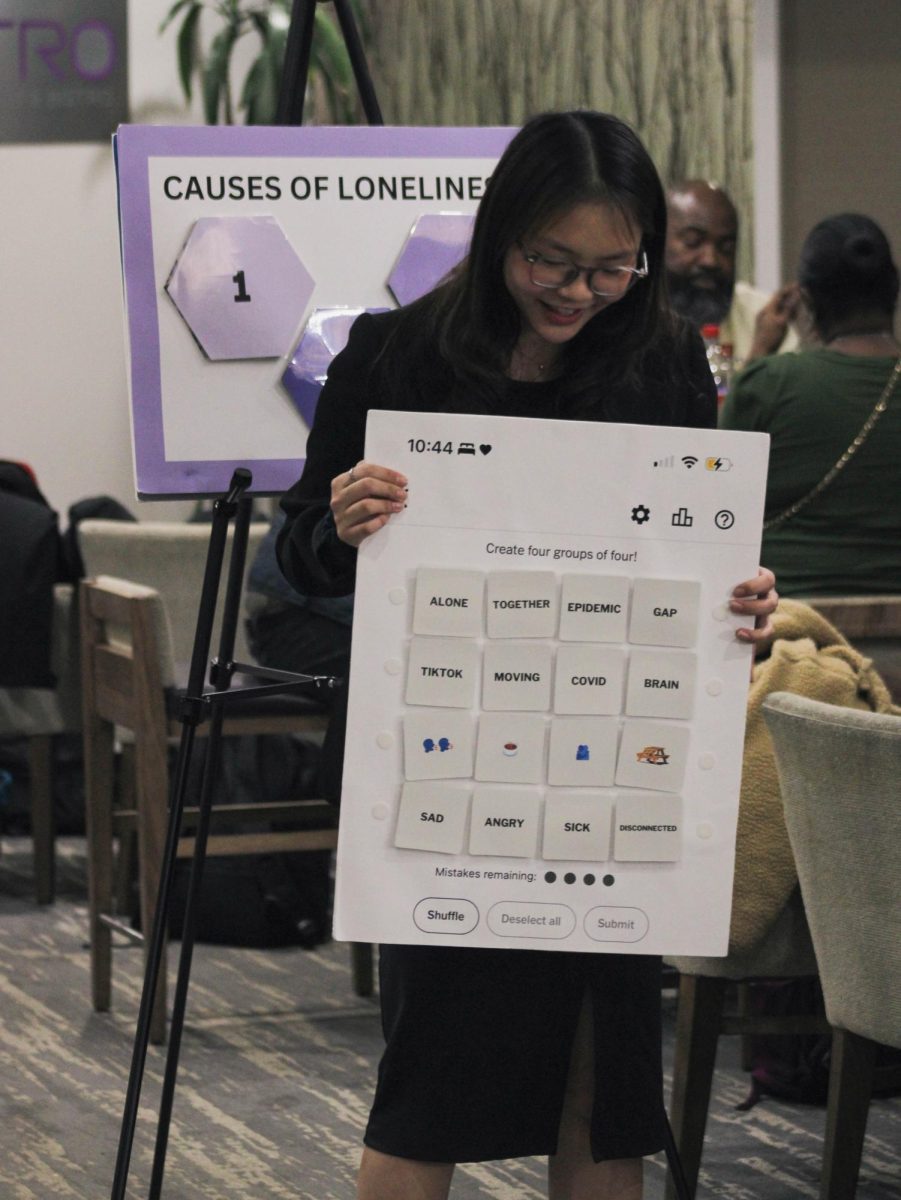
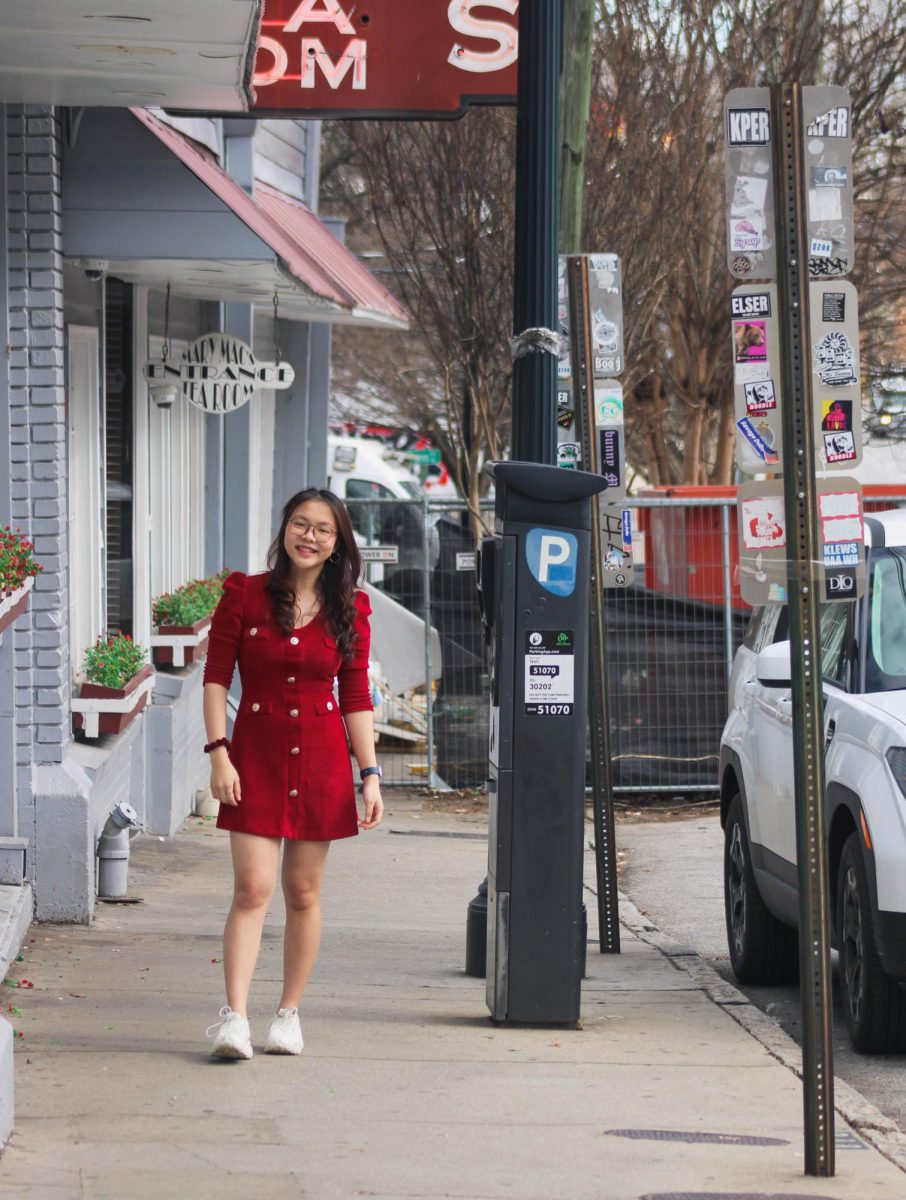
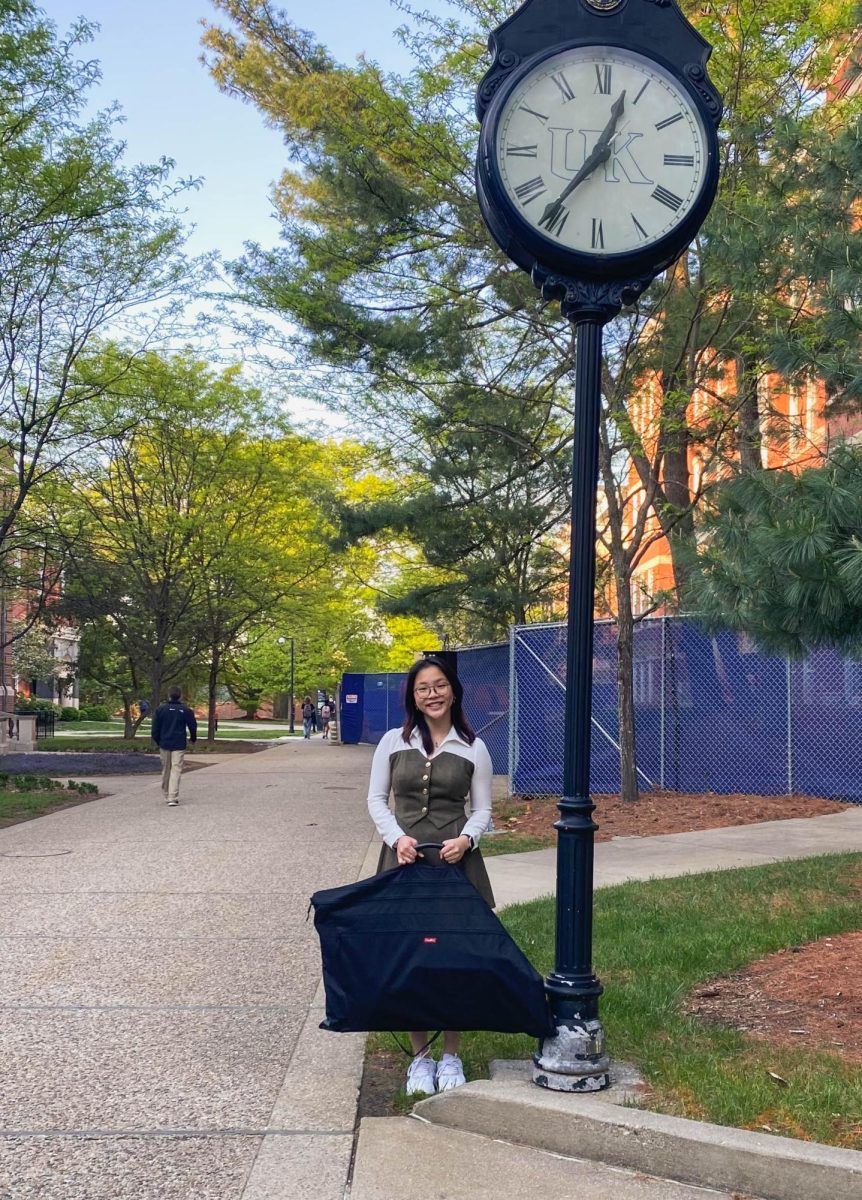
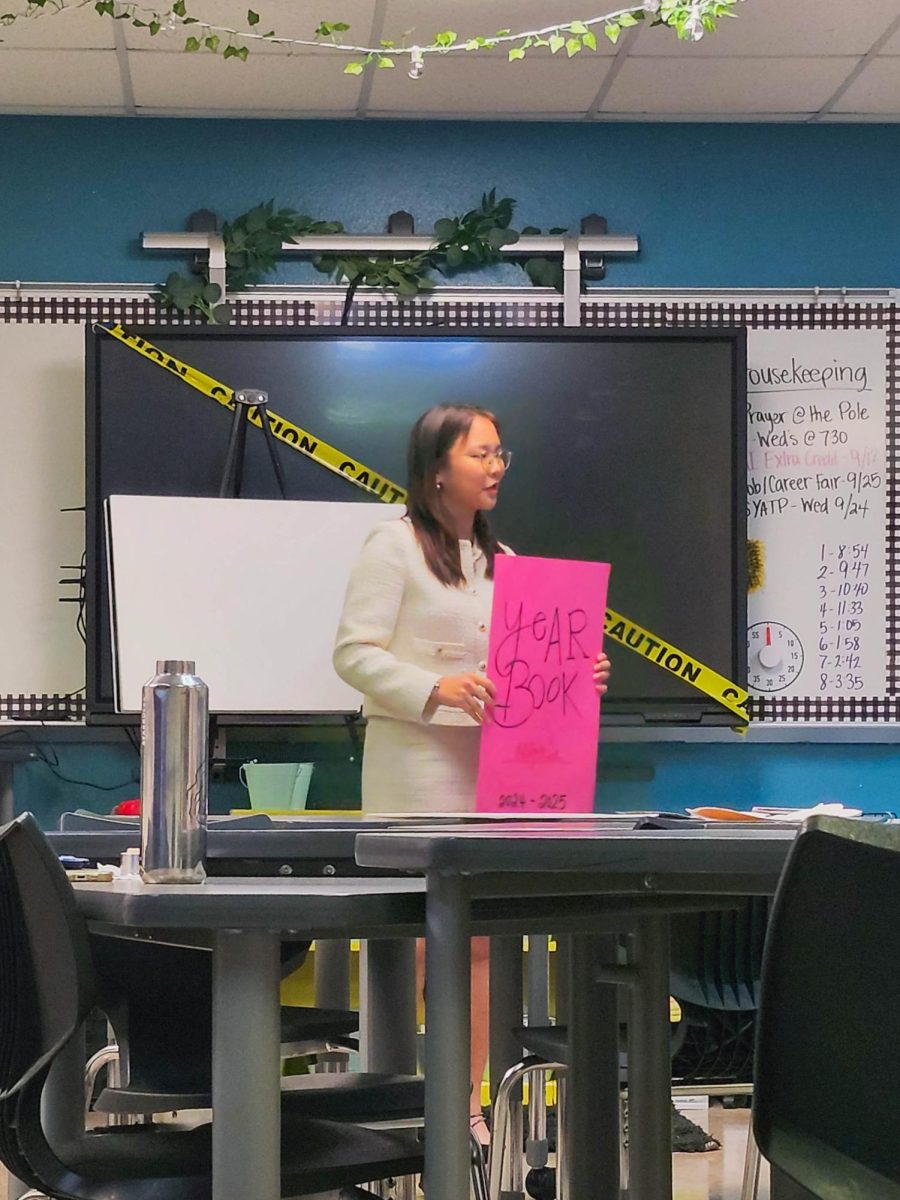
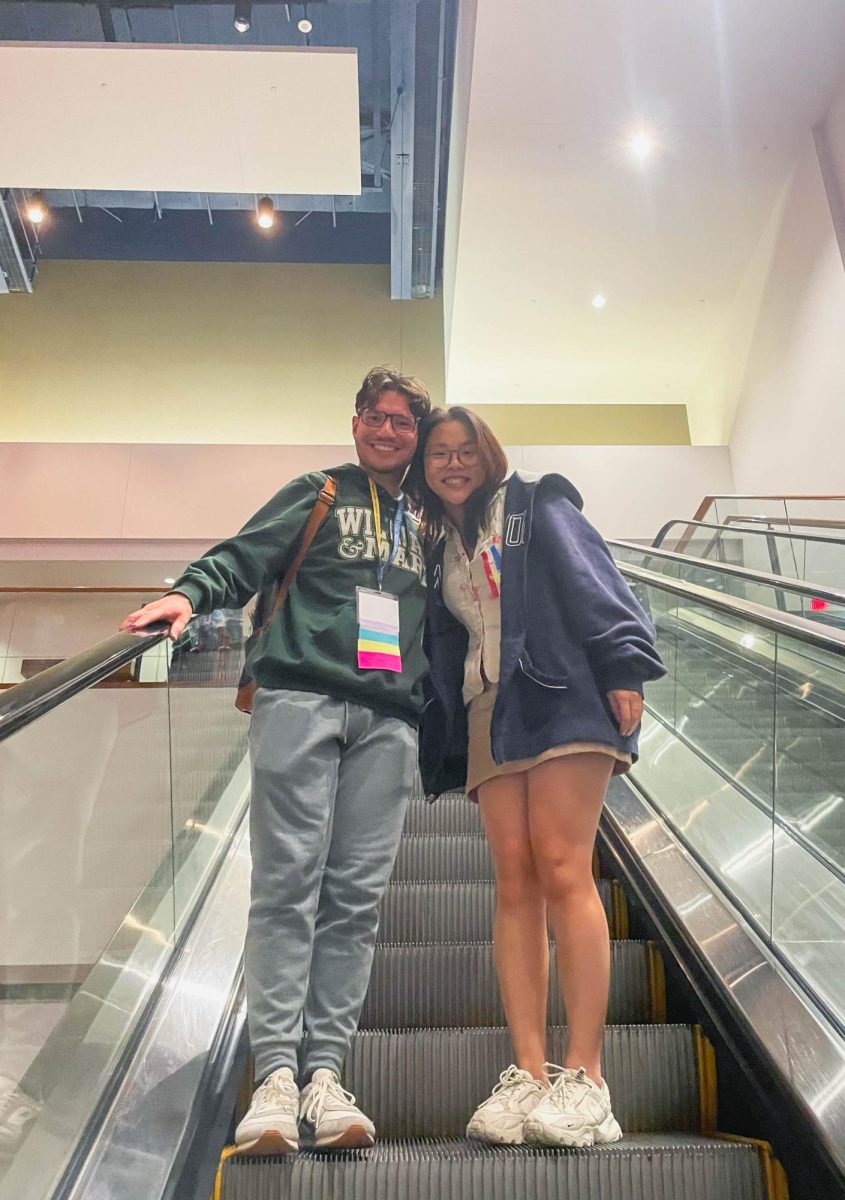
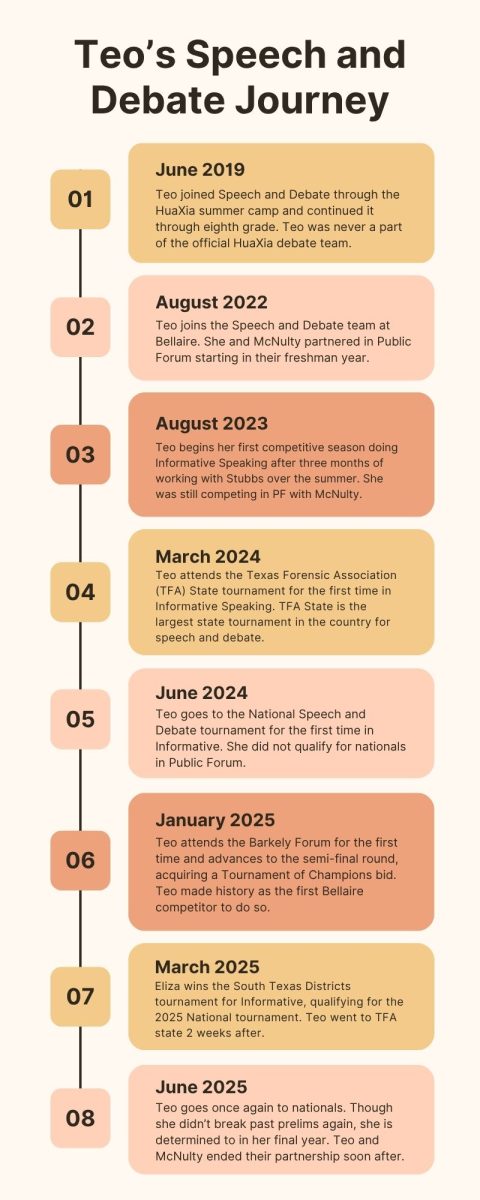
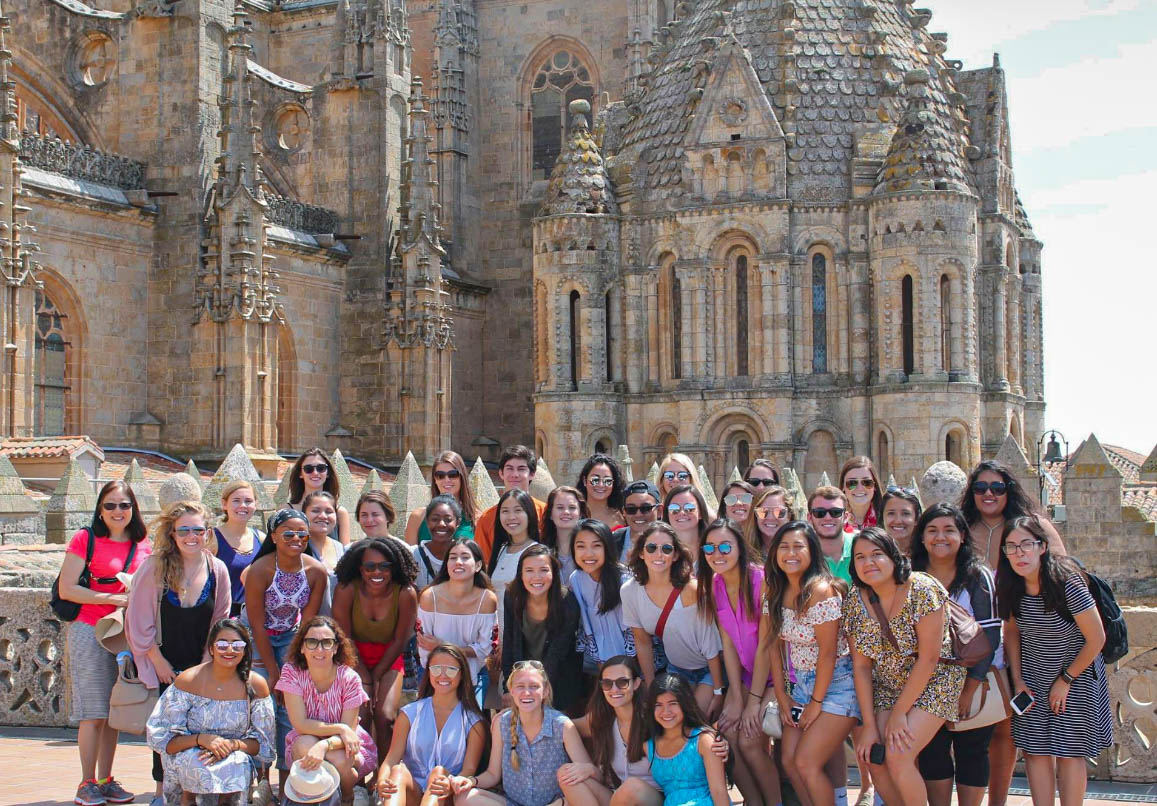
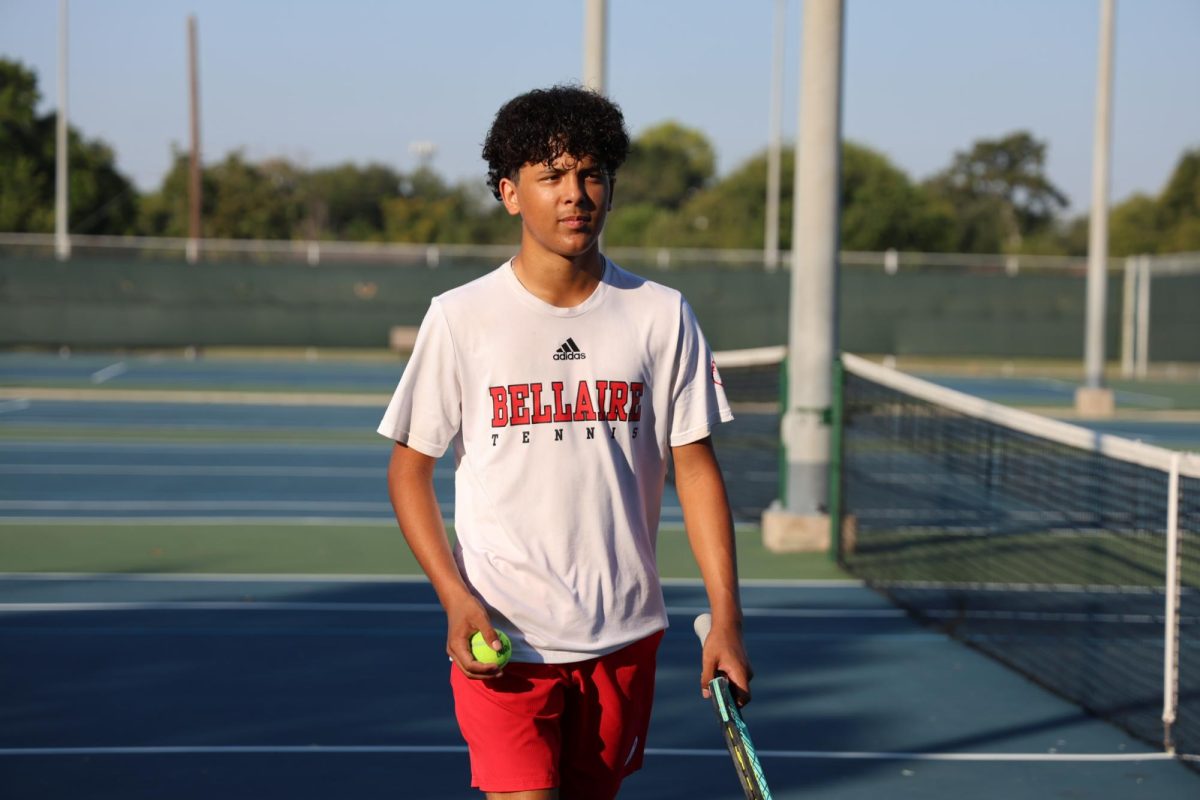
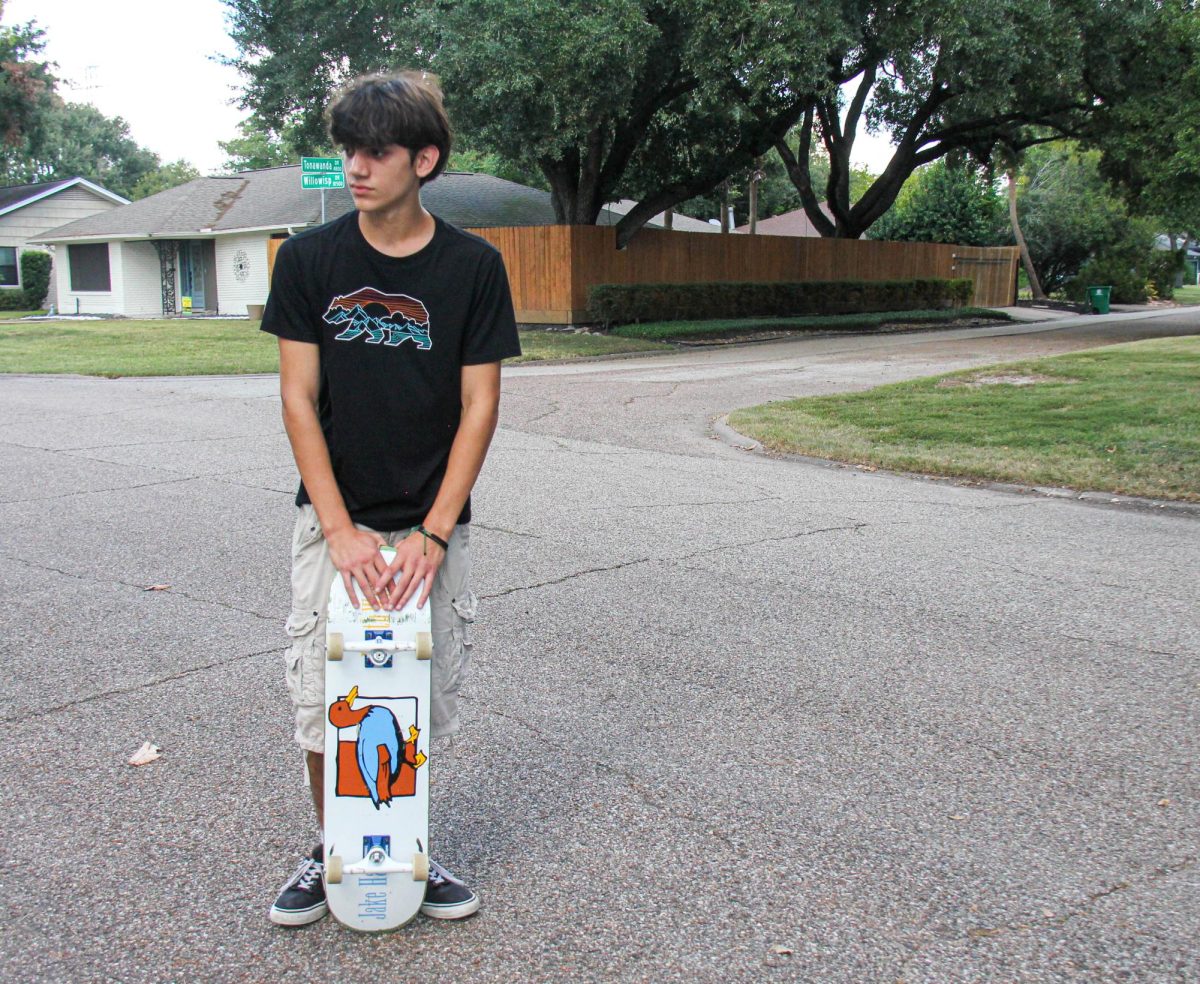

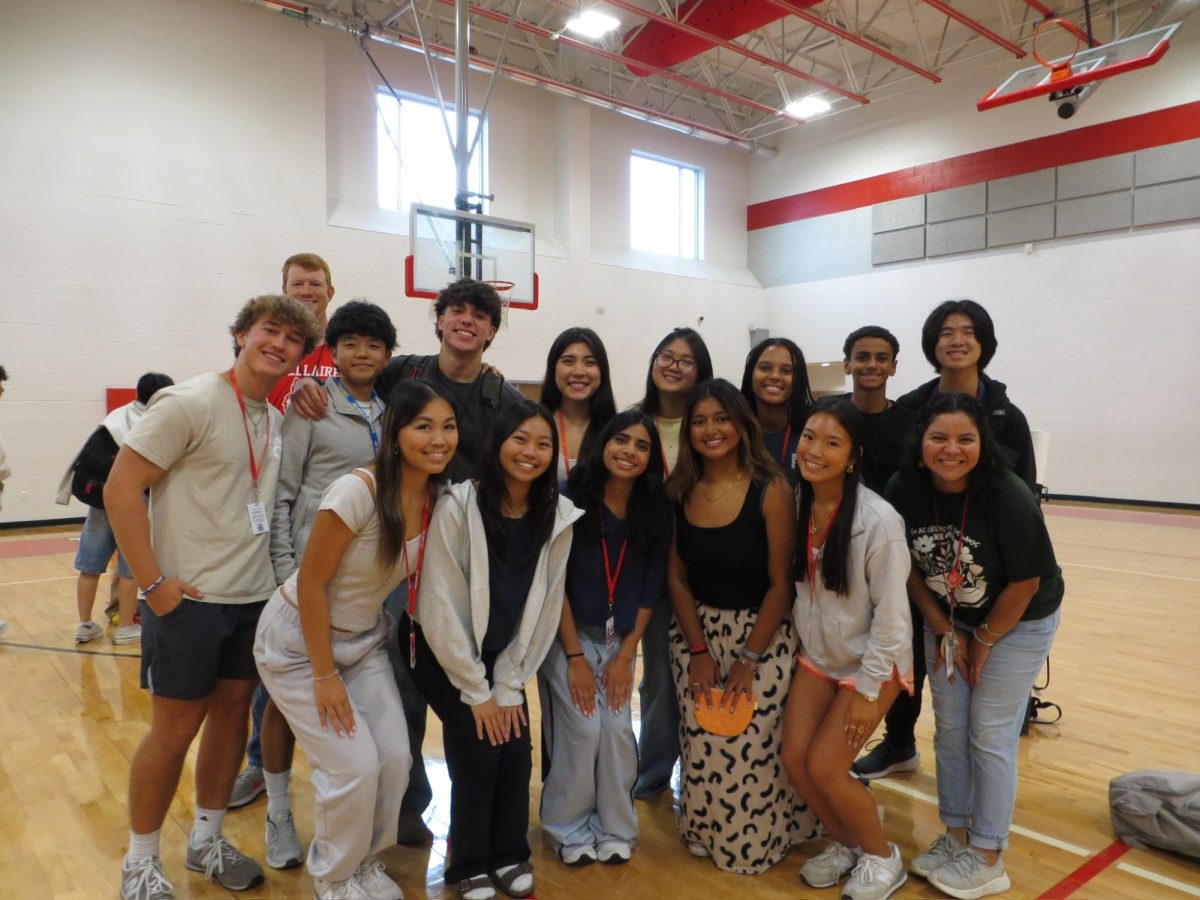
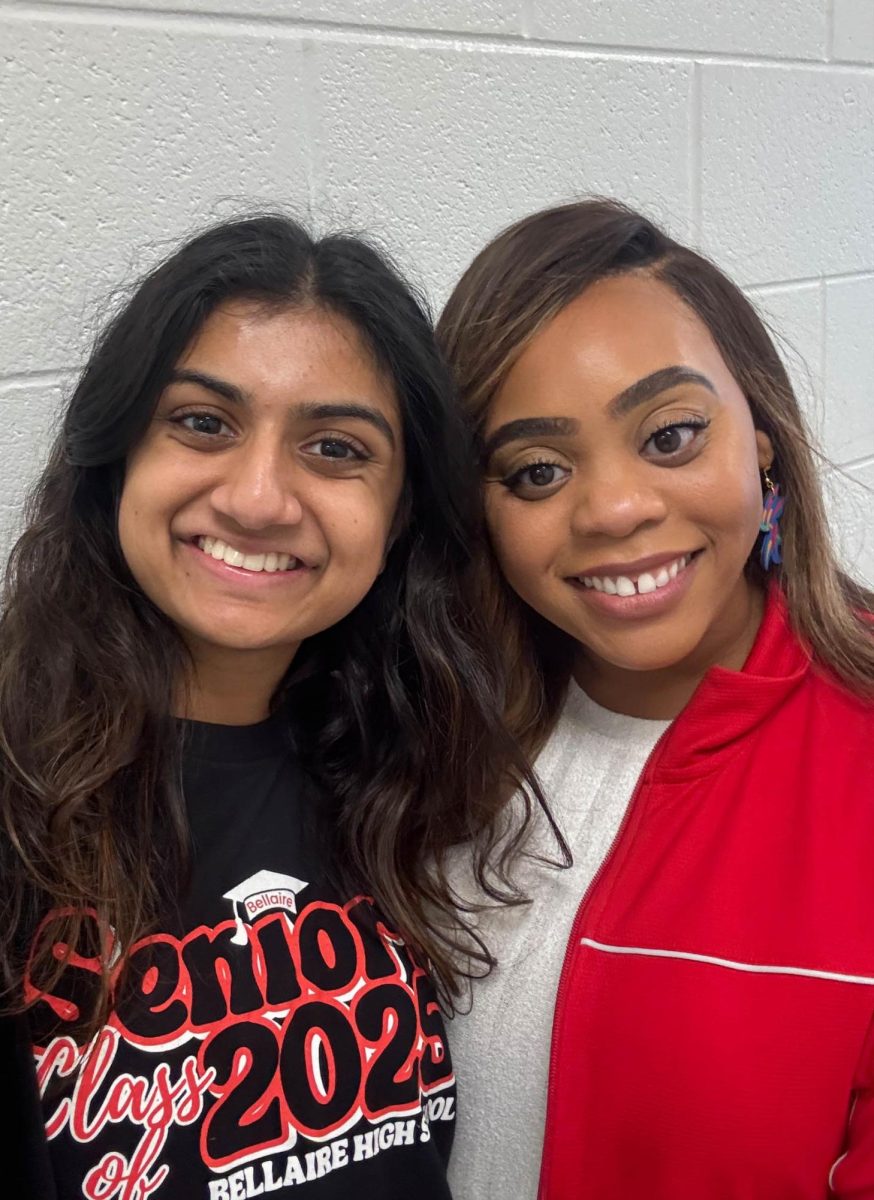
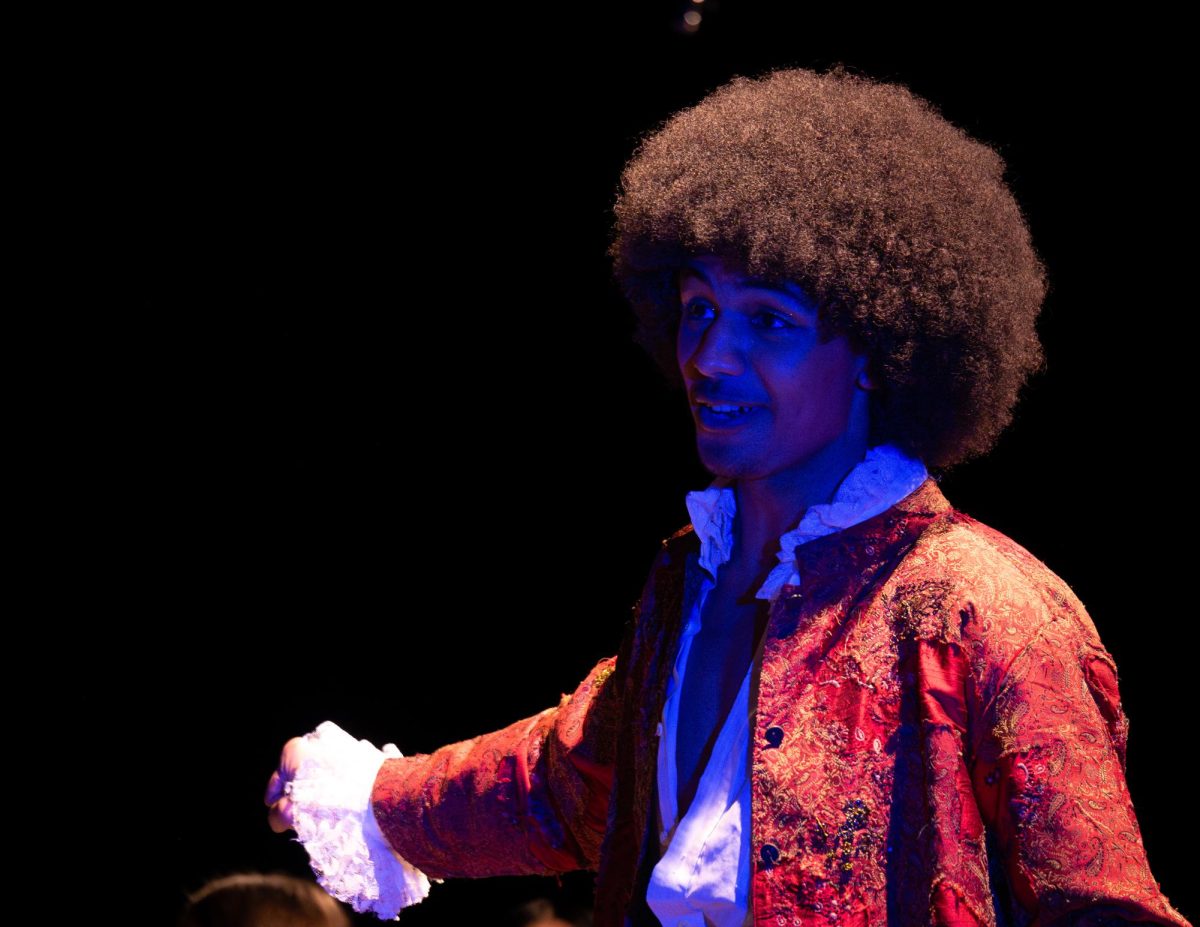
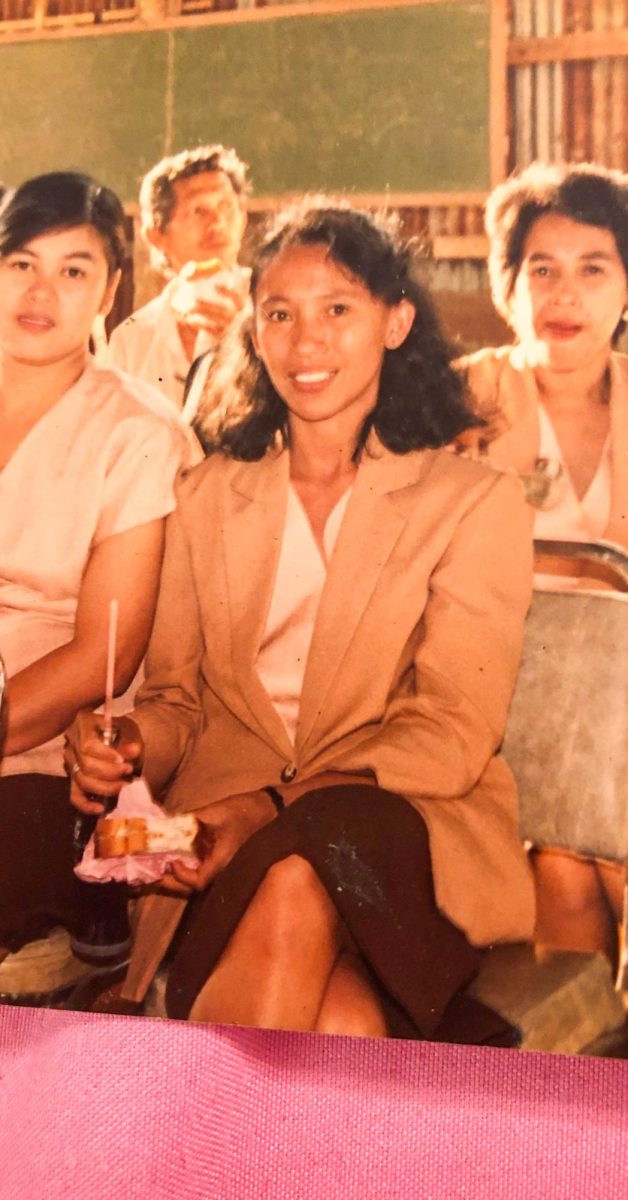
Aisha Ghuman • Oct 15, 2025 at 2:31 pm
Great piece!aisha_
zara bukhari • Oct 15, 2025 at 2:20 pm
wonderful story!!